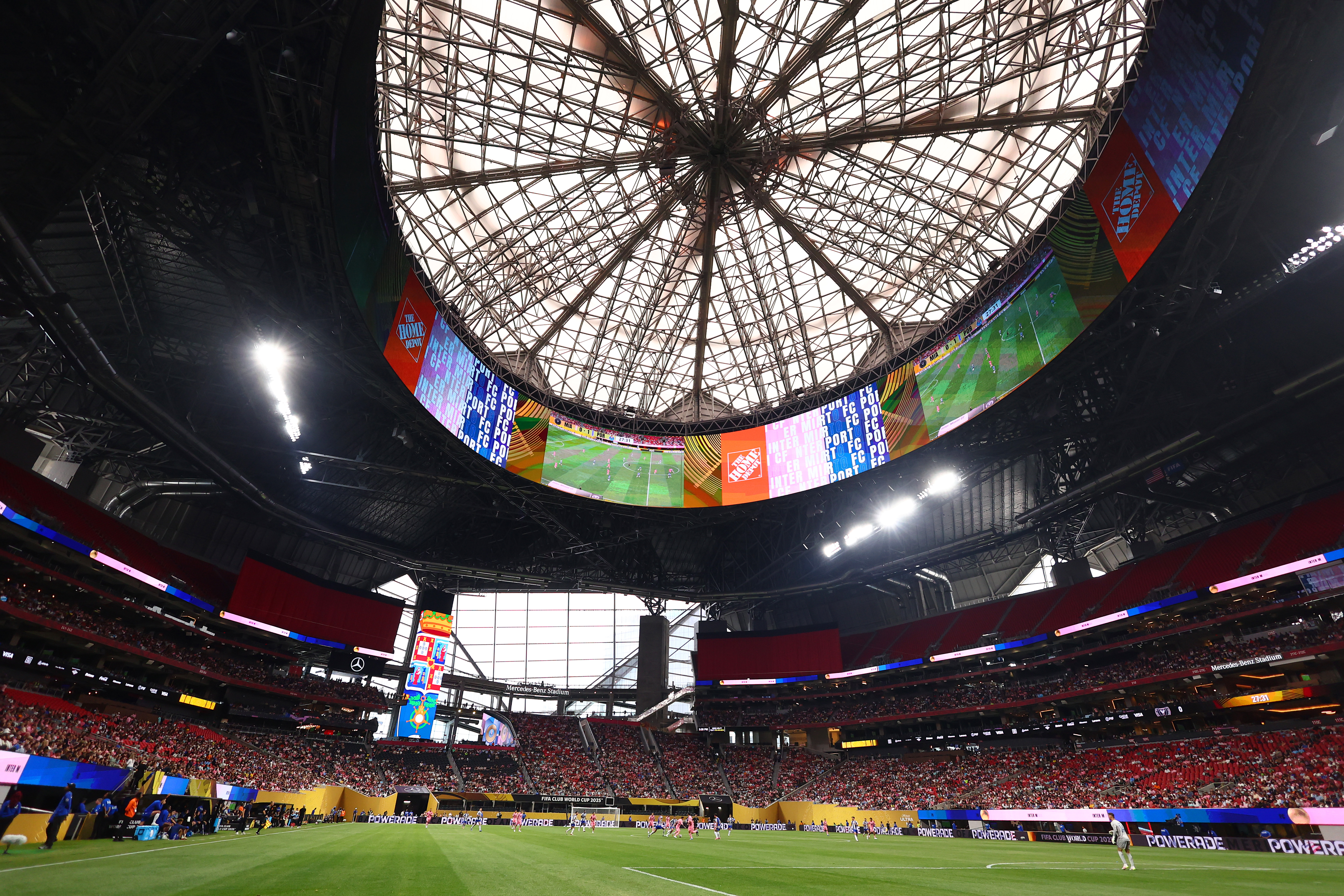Every wannabe football tycoon needs a history lesson
The worst thing that could happen to the German-Swiss investors allegedly researching a bid for Chelsea is that they fall prey to one of the popular delusions that have destroyed countless wannabe football tycoons.
The most powerful of these is the belief that, with the right calibre of management, a clubâÂÂs performance can be transformed â and that cash, gazillions of it, can expedite this transformation.
Investors who know little about the heritage of the game â or the club they buy â are prone to exaggerate the impact they can have on a clubâÂÂs status, a tendency you might call âÂÂBigger than Real Madridâ syndrome.
â¨â¨"ã100m for one player!? You'll have to make do with a cheque..."
Some new owners canâÂÂt even spell due diligence, let alone do it. But the Swiss/German/Gulf investors eyeing Chelsea will examine the clubâÂÂs finances in detail.
If theyâÂÂre trying to decide how much money they might have to spend if they acquired Chelsea, they should analyse one set of figures in particular depth: the number of trophies Chelsea has won.
By my reckoning, if you throw in a couple of Full Members Cups and Division Two titles, that comes to 21 â nine less than Jock Stein won in his career.
With speculation rising over the depth of Roman AbramovichâÂÂs continuing commitment to Chelsea, the idea that he has mysteriously âÂÂfailedâ has become a cliché.
This is utter rubbish. If you take the long view, Abramovich has led one of the most sustained, successful, challenges to the established order in the history of European football.
True, he has not won the UEFA Champions League, but three semi-finals and a runners-up spot in five years is pretty decent. And the back-to-back Premiership titles, largely overlooked now, are an impressive feat.
Apart from Liverpool and Manchester United, the only other club to win consecutive English titles in the last 50 years is Wolves (1957/58 and 1958/59).
The lists of champions in France, Germany, Italy and Spain show how hard it is for new contenders to emerge. Since 1929/30, only six clubs (Atletico Madrid, Athletic Bilbao, Barcelona, Real Madrid, Real Sociedad and Valencia) have won La Liga more than once.
Serie A is a little more open: 104 titles have been shared by 16 clubs but three (Juve, Inter, Milan) have won 58% of those. In the Bundesliga, only Bayern, Gladbach and Hamburg have won successive titles.
France is different. Lyon, who have won Ligue 1 seven times in a row, were a mediocre Ligue 2 club when Jean-Michel Aulas took over in 1987.
The best features, fun and footballing quizzes, straight to your inbox every week.
Aulas has transformed Les Gones but it still took 15 years to win the first title. Aulas isnâÂÂt as rich as Abramovich but is operating in a league where the average club budget for players is just ã40m.
Aulas: Transformed Lyon from mediocre to miraculous
Football can seem a fast moving business. But at the very top, continuity, not change, is the norm.
Abramovich acquired a club with a reputation, as one fan put it, for flashy underachievement. Some half a billion pounds â and six years â later, he has made them serious contenders. By footballâÂÂs standards, that is some feat.
But if Chelsea want to become the worldâÂÂs most charismatic, marketable club, Abramovich â or the potential new owners â may have years to wait and untold millions more to spend. (And, if Manchester City are to become the new Chelsea or, as Robinho suggested, as big as Real Madrid, they may find the eventual price tag steeper still.)
Many clubs have golden ages (Huddersfield in the 1930s, Kilmarnock in the 1960s, Napoli in the 1980s), and the gameâÂÂs great powers endure spells in the doldrums (Milan in the 1980s, Manchester United in the 1970s and Liverpool in the early 1960s) but, over the long term, the usual suspects generally win the big European leagues.
Chelsea have had a golden noughties but will it last?
A 2008 study by the University of Navarra ranked Chelsea as the worldâÂÂs fourth most popular club ahead of Real Madrid but behind such traditional aristocrats as Milan, Manchester United and Barcelona.
To go from fourth to first, the Blues need major silverware â theyâÂÂre three European Cups behind Barcelona and Manchester United â and, the Navarra study suggests, to nurture their own global Messi(ah).
(Note to Manchester CityâÂÂs new owners: the allegedly iconic signing of Thierry Henry may sell a few sky blue No14 shirts, but the real breakthrough will come when City bloods an Henry of its very own.)
When ChelseaâÂÂs owners have unearthed their own Messi, and conquered Europe a time or three, thereâÂÂs the small matter of stadiums. The club needs a theatre of dreams to compete with Camp Nou, the Bernabeu, Old Trafford and the San Siro.
Stamford Bridge: It's good, but it's no San Siro
ItâÂÂs the difference, in essence, between playing at a cathedral named after a legendary double World Cup winner like Giuseppe Meazza and having a ground where hospitality areas are named after David Speedie and Nigel Spackman.
Chelsea could become the biggest club in the world. So, though the odds are longer, could Manchester City. All they need is a fair wind, to discover the new Messi and an owner so determined to achieve this goal that theyâÂÂre willing to stick with it even if they donâÂÂt see much change from a billion.
And thereâÂÂs always a risk that, like a chagrined Bond villain, they discover that talking about world domination is easy. Achieving it is the hard bit.
---------------------------------------------------
FourFourTwo.com: More to read...
More Professor Champions League blogs
Blogs Home
Champions League News
News Home
